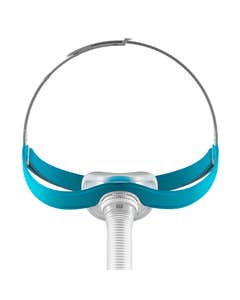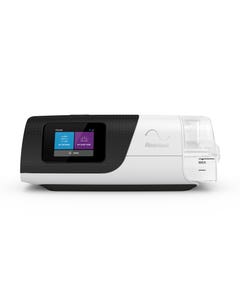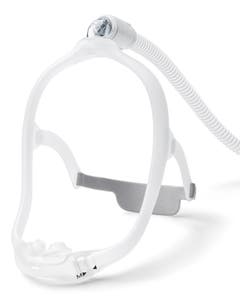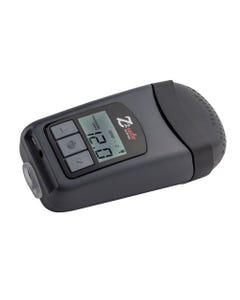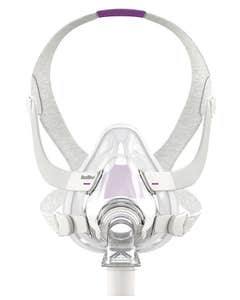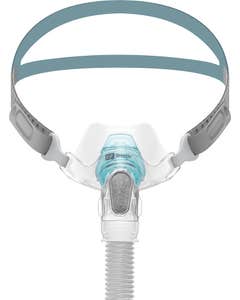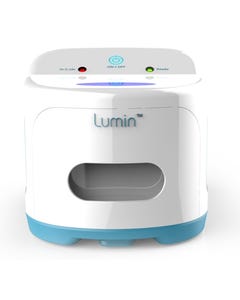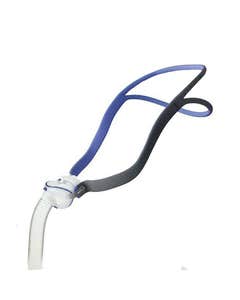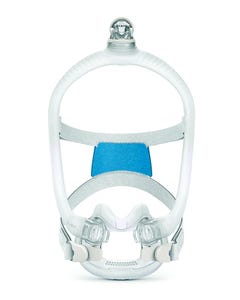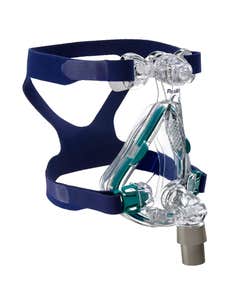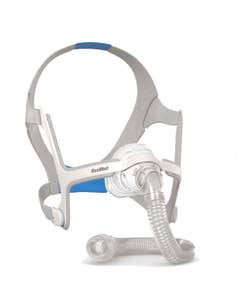Why Am I Drooling When I Sleep?
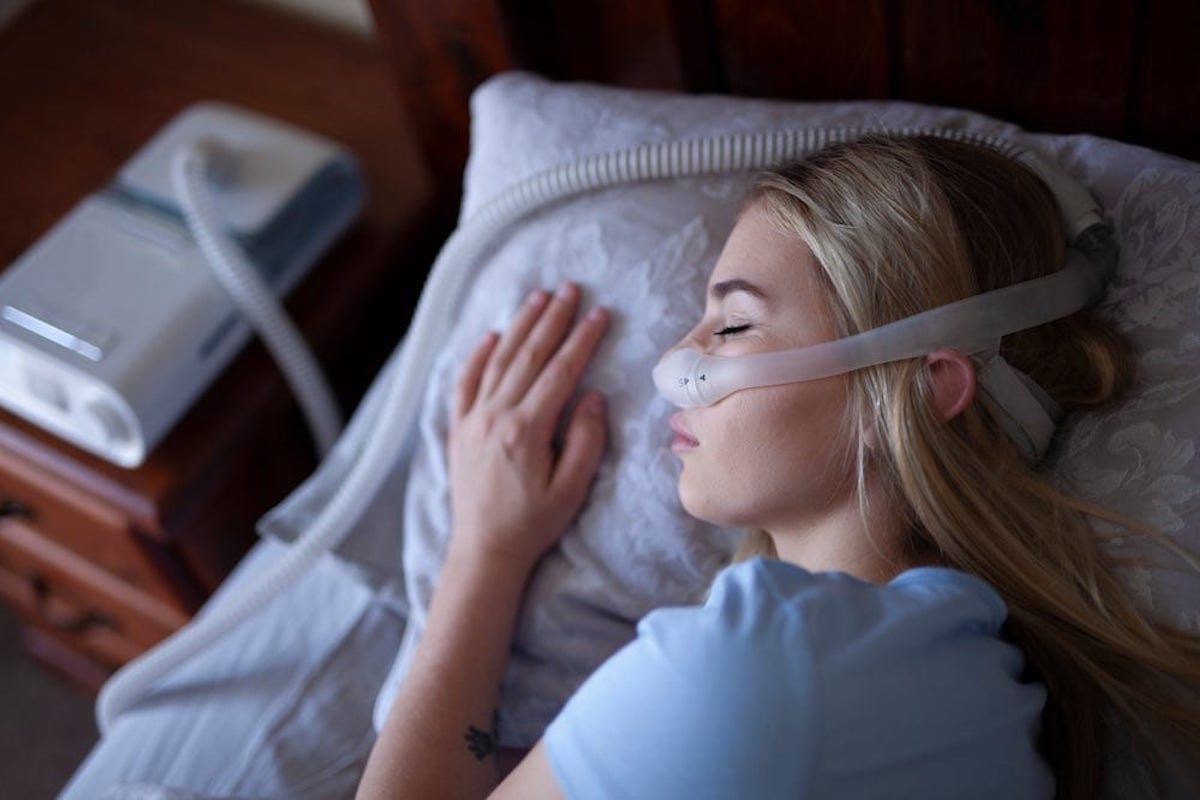
This post was originally posted on December 17, 2013, and updated on June 13, 2022.
Summary: Life is not like a movie, so embarrassing sleep conditions like sleep apnea that are funny on-screen can have bigger implications to our lives, health, and relationships in the real world.
Snoring can keep your bed partner awake and even drive them into sleeping apart from you. Drooling can leave pillowcases wet in the morning and your bed partner disgusted. Accepting these sleep habits can only further drive a wedge in an intimate relationship. Respecting your partner, even while you sleep is essential to keeping your relationship healthy.
Snoring and Drooling
A soft palate, thick throat tissue, and weak throat muscle tone are all physical reasons why we snore. You are more likely to snore if you are overweight. Your age also affects snoring. As we get older, we are more likely to snore more often. Women are more likely to snore when they are postmenopausal 45% of adults snore on occasion. About 25% snore regularly, which can affect the sleep of a bed partner.
Drooling occurs when excess saliva builds up in the mouth and empties out while we sleep. Taking care of both sleep habits can help keep your bed partner happy.
Why Am I Drooling in My Sleep, Even with A CPAP?
When you start CPAP therapy, drooling can affect your choice of CPAP mask. For instance, some OSA patients find that an oral CPAP mask is the best choice. Many find that in the first few weeks of use, they experience increased drooling as their mouths react to the insertion of the mask as if it were food, which is a natural reaction. This temporary condition will subside in a few weeks as the mouth adjusts to the mask and the drooling stops.
How to Not Drool When Sleeping
There are a few ways to prevent drooling while sleeping.
- Try changing your sleeping position. Sleeping on your back can help stop nighttime drooling.
- Use a wedge pillow. This specialized pillow helps keep your head in one position, so you do not drool.
- Think about treating allergies or sinus problems. Nighttime drooling may be a symptom of your allergies or a sinus infection. Proper treatment may resolve the drooling.
- Take medicine for drooling. There are medications available to help stop nighttime drooling. Talk to your doctor to help treat the problem medically.
OSA And Snoring
Patients with OSA usually experience loud snoring. You may not realize it, but your bed partner may. As you fall asleep the soft palate in your mouth, your tongue and throat relax, which causes a partial blockage of your airway. As air tries to get it through it causes the tissues to vibrate. The more your airway narrows the louder the snoring becomes.
When the airway becomes completely closed you may wake up gasping for air. These are the apneas that occur frequently throughout the night and disrupt healthy sleep.
Reasons for OSA and Snoring
OSA causes the airway so much that loud snoring is one of the most common symptoms. Along with using CPAP therapy equipment to help reduce snoring you can follow best practices to provide a peaceful sleep for you and your bed partner.
- Avoid alcohol before bedtime-alcohol relaxes the throat muscles and enhances snoring.
- Avoid sleep aids-sedatives will help you sleep but at the same time cause throat muscle relaxation.
- Sleep on your stomach or side-this position helps keep your airway open while you sleep so you don’t snore.
- Avoid smoking near bedtime-smoking narrows the airway and can increase the effects of snoring.
Where Can You Buy Your CPAP Therapy Equipment?
The CPAP Shop is an authorized dealer of all CPAP equipment and provides free shipping for all purchases above $99 in the continental USA. Find the best range of Philips and ResMed CPAP Machines and accessories at The CPAP Shop website.
For additional information on topics concerning sleep apnea and CPAP products, please refer to our blog. It is frequently updated and offers free advice and information. If you’d like to learn more about the quality sleep apnea products we carry, or if you have additional questions, don’t hesitate to call us at (866) 414-9700, or you can contact us through our website.
Summary: Life is not like a movie, so embarrassing sleep conditions like sleep apnea that are funny on-screen can have bigger implications for our lives, health, and relationships in the real world.
Snoring can keep your bed partner awake and even drive them into sleeping apart from you. Drooling can leave pillowcases wet in the morning and your bed partner disgusted. Accepting these sleep habits can only further drive a wedge in an intimate relationship. Respecting your partner, even while you sleep is essential to keeping your relationship healthy.
Snoring and Drooling
A soft palate, thick throat tissue, and weak throat muscle tone are all physical reasons why we snore. You are more likely to snore if you are overweight. Your age also affects snoring. As we get older, we are more likely to snore more often. Women are more likely to snore when they are postmenopausal 45% of adults snore on occasion. About 25% snore regularly, which can affect the sleep of a bed partner.
Drooling occurs when excess saliva builds up in the mouth and empties while we sleep. Taking care of both sleep habits can help keep your bed partner happy.
Is it Normal to Drool While Sleeping?
In most instances, it is pretty normal and common to drool. That's because your body produces saliva all day and night, no matter if you are awake or asleep. Generally, saliva is produced more during the day, but can also lead to drooling at night. Saliva keeps your mouth and throat lubricated, preventing bad breath, dehydration, and other negative effects.
What Causes Drooling?
- Sleeping Position: The way you sleep contributes to if you drool at night. If you are a stomach or side sleeper, gravity will naturally guide your slide out of your mouth and onto your pillow. Those who sleep on their back may not experience as often and gravity will pull your saliva to the back of your throat.
- Obstructive Sleep Apnea: Obstructive sleep apnea (OSA) is a sleep disorder where you repeatedly start and stop breathing while at night. This sleep disorder is a serious condition that should be addressed and treated immediately. Breathing through your mouth is often accompanied by OSA, causing drool to easily escape from your mouth. Sleep apnea's symptoms include, but are not limited to: snoring, waking up gasping for air, excessive daytime sleepiness, morning headaches, and more.
- Allergies And Infections: If you are suffering from a cold, sore throat, or other illness, you may drool more. That's because certain ailments will block your airways, making you breathe through your mouth, which will result in more drool.
- Side Effects Of Medication: Certain side effects of medication could cause someone to drool because of excessive salvia. These medications include some antibiotics, antipsychotic drugs, and medications used to treat Alzheimer’s.
- Bruxism: Bruxism, also known as teeth grinding, is also associated with breathing through your mouth. When you are breathing through your mouth while asleep, it is generally open, causing drool to occur.
- Gastroesophageal Reflux Disease: Gastroesophageal Reflux Disease (GERD), also referred to as heartburn, causes difficulty swallowing, increasing the saliva in your mouth and the risk of drooling while asleep. Those who have GERD experience a feeling of a lump in their throat which could also cause more drooling. Your body will also naturally react to this lump-in-your-throat feeling and produce more saliva to alleviate that feeling, causing more drooling as well.
- Other Medical Conditions: Your nervous system regulates your saliva production which could explain the correlation between certain disorders and excessive saliva/drooling. You may be more inclined to drool if you have or have had Parkinson's Disease, traumatic brain injury, stroke, ALS, and others.
Why Am I Drooling With CPAP?
When you start CPAP therapy, drooling can affect your choice of CPAP mask. For instance, some OSA patients find that an oral CPAP mask is the best choice. Many find that in the first few weeks of use, they experience increased drooling as their mouths react to the insertion of the mask as if it were food, which is a natural reaction. This temporary condition will subside in a few weeks as the mouth adjusts to the mask and the drooling stops.
Not sure which mask is best for you? The CPAP Shop is to help! We have partnered with MaskFit AR to offer hassle-free, personalized shopping recommendations. Simply answer some questions, scan your face, and we’ll help you find the best mask that fits your needs. Try our AR Mask Fit Technology today!
How to Not Drool While Sleeping
There are a few ways to prevent drooling while sleeping.
- Try changing your sleeping position. Sleeping on your back can help stop nighttime drooling.
- Use a wedge pillow. This specialized pillow helps keep your head in one position, so you do not drool.
- Think about treating allergies or sinus problems. Nighttime drooling may be a symptom of your allergies or a sinus infection. Proper treatment may resolve the drooling.
- Take medicine for drooling. There are medications available to help stop nighttime drooling. Talk to your doctor to help treat the problem medically.
- You can lessen the quantity of saliva in your mouth at night by drinking enough water during the day. Try to drink two liters or more of clean, filtered water every day. To lessen the likelihood of waking up in the middle of the night to go to the bathroom, it's also a good idea to cease drinking water and other liquids at least two hours before bed.
OSA and Snoring
Patients with OSA usually experience loud snoring. You may not realize it, but your bed partner may. As you fall asleep the soft palate in your mouth, your tongue, and throat relax, which causes a partial blockage of your airway. As air tries to get it through it causes the tissues to vibrate. The more your airway narrows the louder the snoring becomes.
When the airway becomes completely closed you may wake up gasping for air. These are the apneas that occur frequently throughout the night and disrupt healthy sleep.
Reasons for OSA and Snoring
OSA causes the airway so much that loud snoring is one of the most common symptoms. Along with using CPAP therapy equipment to help reduce snoring, you can follow best practices to provide a peaceful sleep for you and your bed partner.
- Avoid alcohol before bedtime-alcohol relaxes the throat muscles and enhances snoring.
- Avoid sleep aids-sedatives will help you sleep but at the same time cause throat muscle relaxation.
- Sleep on your stomach or side - this position helps keep your airway open while you sleep so you don’t snore.
- Avoid smoking near bedtime-smoking narrows the airway and can increase the effects of snoring.
Where Can You Buy Your CPAP Therapy Equipment?
The CPAP Shop is an authorized dealer of all CPAP equipment and provides free shipping for all purchases above $99 in the continental USA. We offer hundreds of CPAP products to deliver the comfort and ease that you need to adjust and settle into sleep therapy.
For additional information on topics concerning sleep apnea and CPAP products, please refer to our blog. It is frequently updated and offers free advice and information. If you’d like to learn more about the quality sleep apnea products we carry, or if you have additional questions, don’t hesitate to call us at (866) 414-9700.




